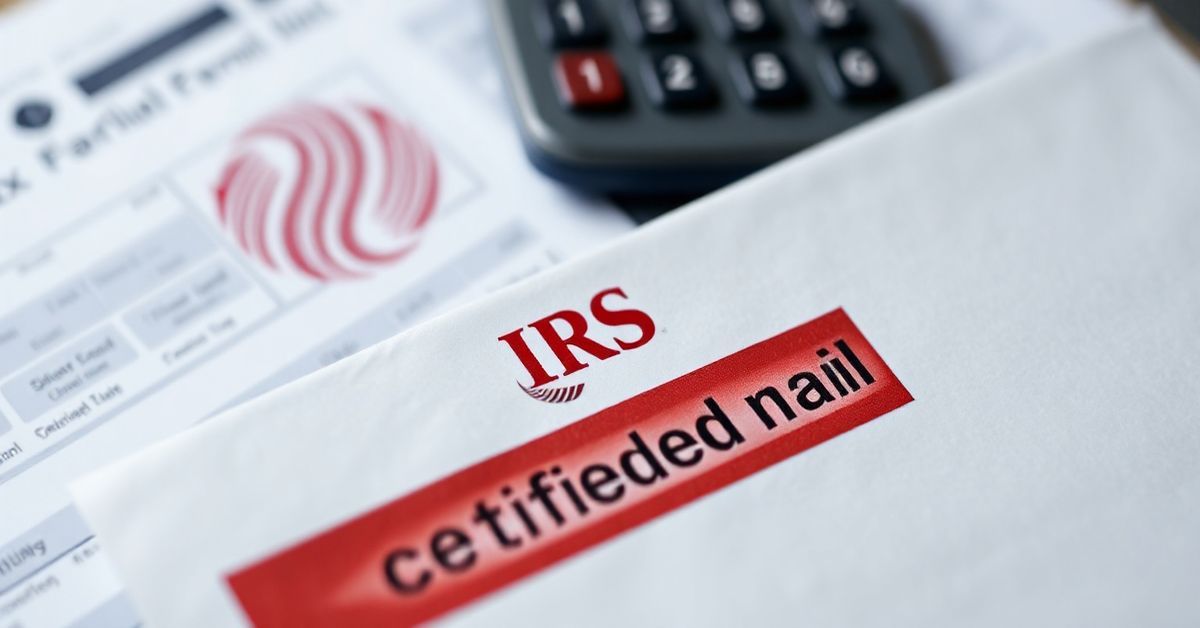Certified Mail for IRS Notices
Why is Certified Mail Important When Dealing with IRS Notices?
Certified mail for IRS notices is a service provided by the U.S. Postal Service that offers proof that the IRS sent you a letter and that you received it. This service provides an important tracking mechanism and legal documentation, ensuring that both parties have a record of the communication.

